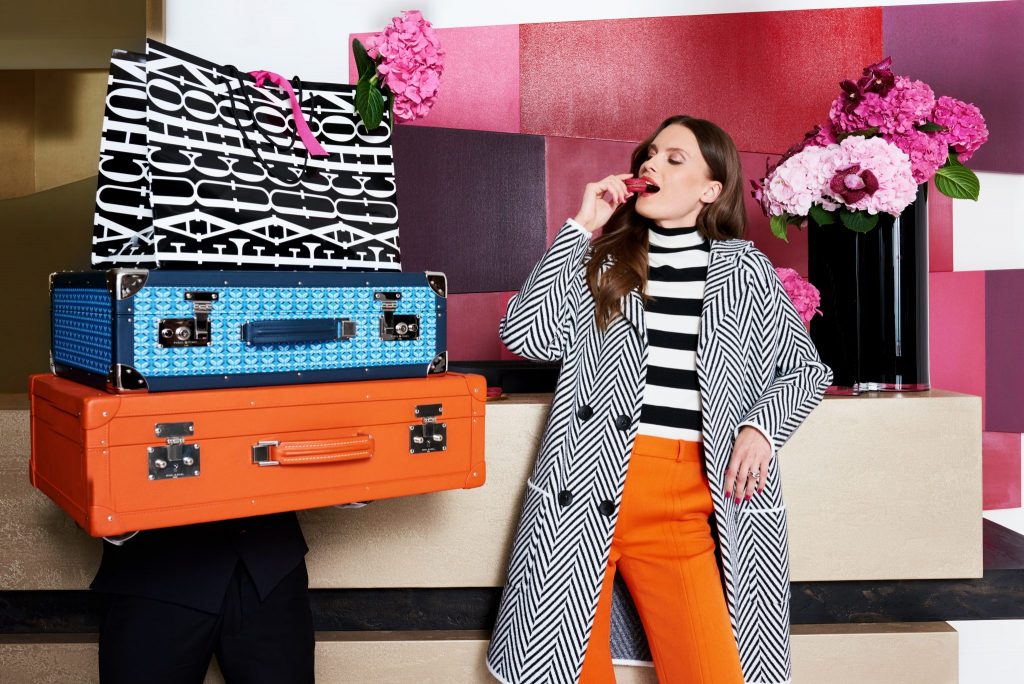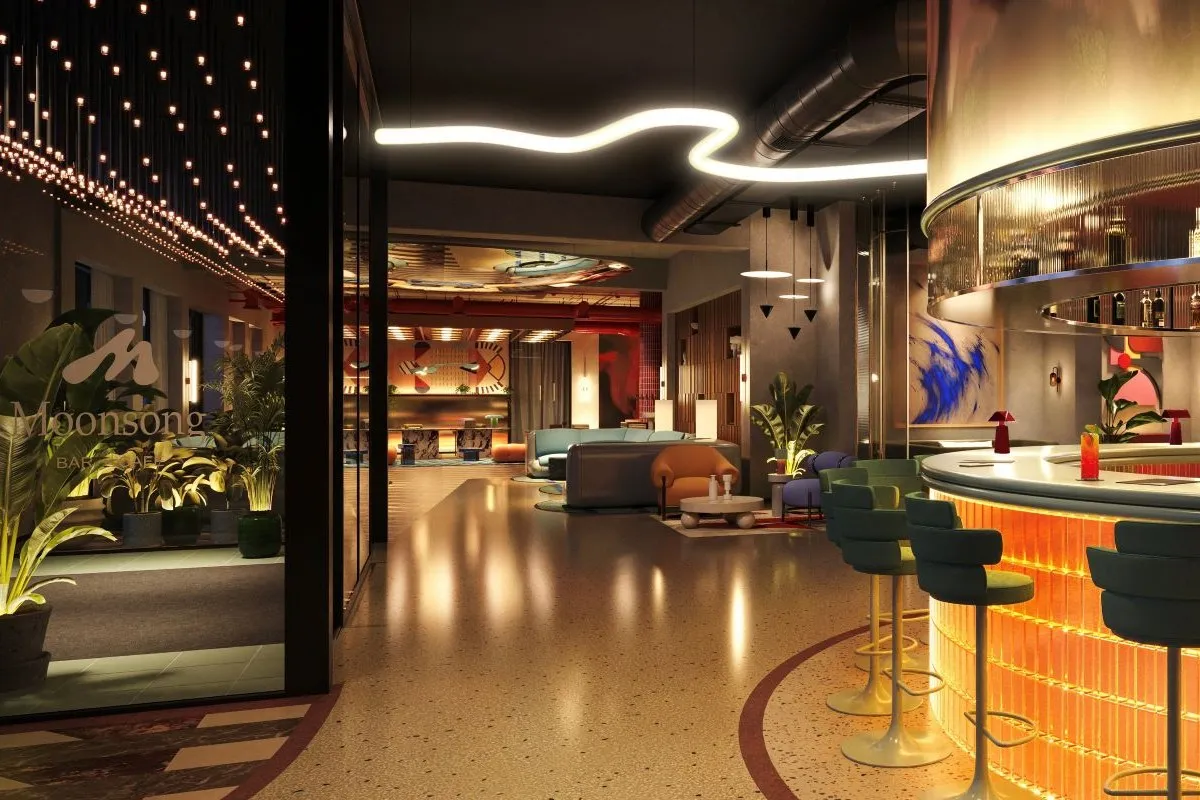How a French Gourmet Food Brand Plans to Succeed in Hotels

Skift Take
Fauchon has long been in fashion among epicureans. The Paris-based gourmet food purveyor has been around since 1886, and has outlets in 20 countries around the world. And now, it has a hotel.
Last fall, the company opened Fauchon L'hôtel Paris by Place de la Madeleine. There are plans for 19 more openings around the world in the next decade. Next up is Kyoto in 2020.
We know...ho-hum, another new luxury brand. Except that, after speaking with Jacques-Olivier Chauvin, president and CEO of Fauchon Hospitality, it does appear that this one is actually fashioning itself in ways that might differentiate it from the competition. The idea is to win guest hearts through their stomachs.
"Fauchon has deep roots in French culture and French gastronomy," said Anders Justenlund, a hospitality consultant and lecturer at University College Northern Denmark. "When you are talking about branding today, you are talking about engaging with the product, which in the case of Fauchon is food and beverage products. Fauchon Hospitality offers them a new way to market their main business."
Indeed, in creating the new hotel, Chauvin said the idea was to enhance customer engagement by "finding the essence of what Fauchon is about and capitalizing on that. We asked ourselves what can we bring to this industry? Since everything we do is about glamour and gourmet experiences," the answer was to create a hotel brand with an emphasis on French food and beverage, "from street level to the top floor."
At street level, guests find Grand Cafe Fauchon, naturally a gourmand affair. But the in-room food and beverage offerings are what distinguishes Fauchon from its competitors.
“To us," said Chauvin "room service is the future of a different hotel experience.”
Reinventing in-room dining starts with the choice of furniture. Instead of wall-facing desks, rooms come with a table and chairs oriented toward windows. In other words, Fauchon guests will be using their dining tables for work, instead of using work spaces for dining.
Rooms come stocked with a tablecloth and Limoges tableware. So, transforming into an in-room restaurant is as simple as unfurling the linens, setting the table, ordering from the complete restaurant menu via tablet voice technology, and then awaiting the meal, brought to the room in individual courses.
Each room also sports a customized gourmet bar, designed by Sacha Lakic for Roche Bobois. It’s packed with Fauchon treats, from truffles and foie gras to macarons and champagne. And what guests don’t eat, they can take home with them, gratis, a smart move, said Justenlund, for extending the brand experience beyond the hotel stay.
These in-room food offerings might be considered part of Fauchon’s X factor, as in the desire to appeal to Generation X (aka The Forgotten Generation among travel marketers). Chauvin says Xers are Fauchon's sweet spot, with their interest in "elegant comfort, food and their interest in learning about other cultures."
Unlike many so-called millennial brands, where room space is sacrificed in the name of creating cool lobby hang-outs, Fauchon wants guests to luxuriate in their rooms.
“A room is where you want to enjoy the city where you are,” said Chauvin. “We are providing more than a place to sleep. We want the room to be spacious. To provide a view to the city. To allow guests to have a proper dinner experience.”
Fauchon is smart to distinguish itself through food, said Justenlund: “What is making the difference is that this is not a hotel company; it’s an F & B company opening a hotel to lift the entire brand."
Naturally, Chauvin, a veteran of both Louis Vuitton and Relais & Chateaux, agrees.
“We are capitalizing the Fauchon name, providing a thorough brand experience, and putting an umbrella over the brand...from food to cafes to hotels," he said.




